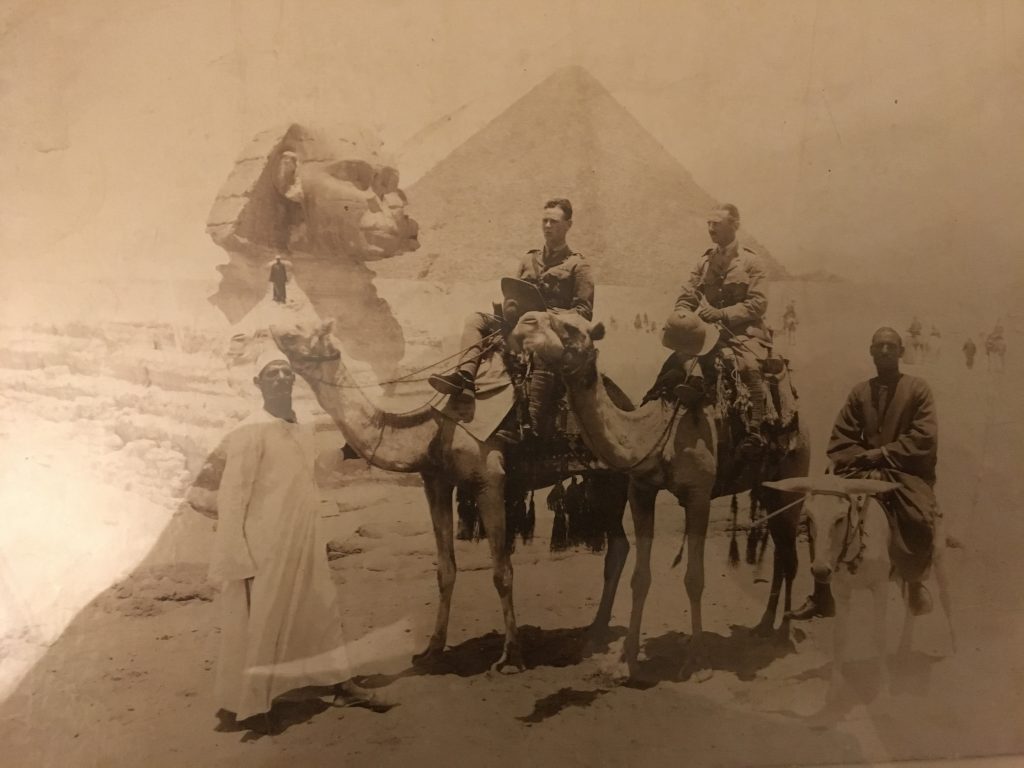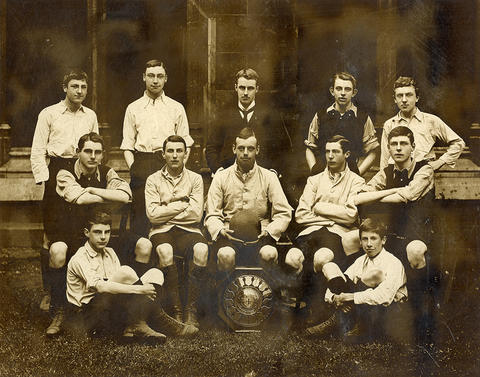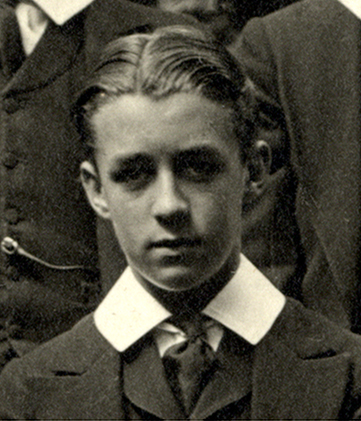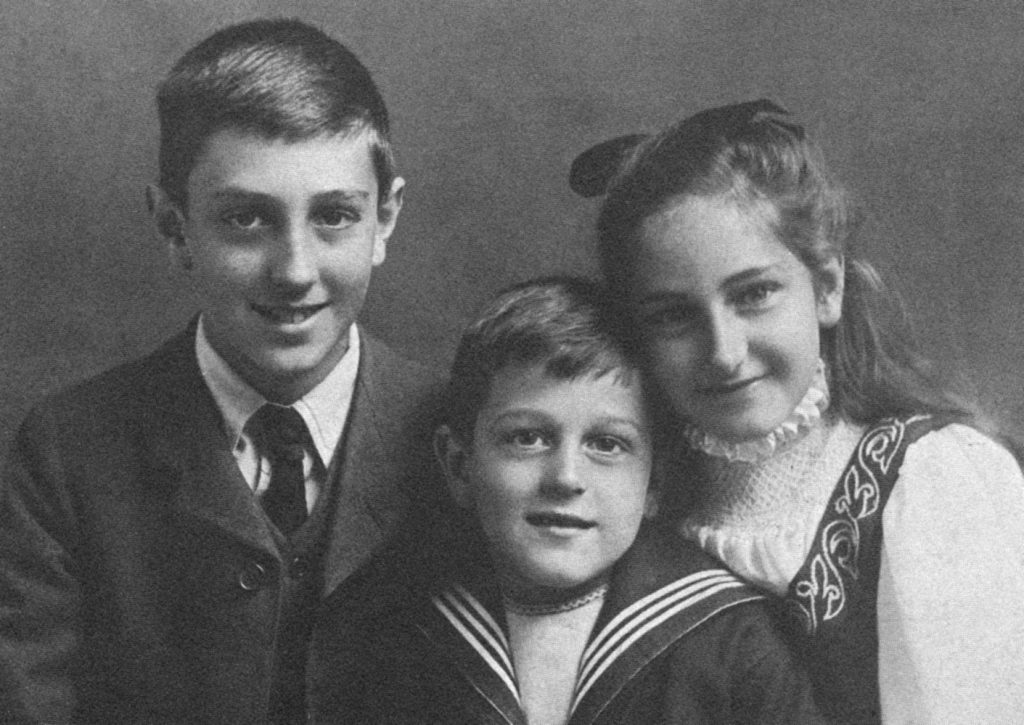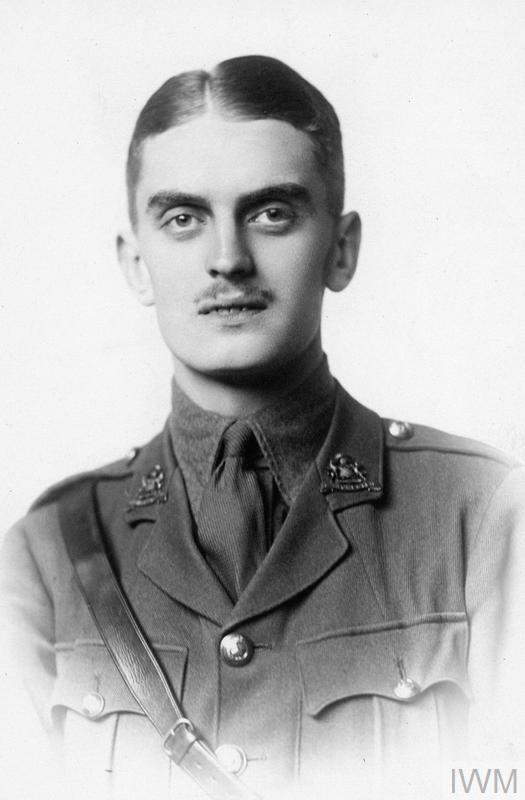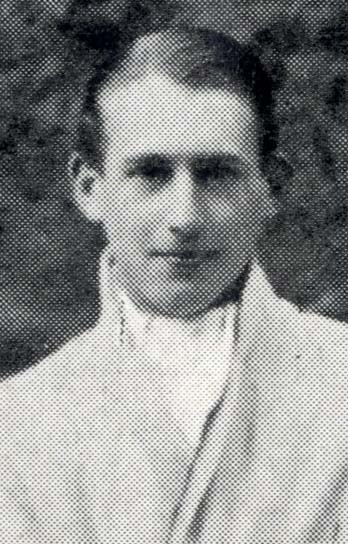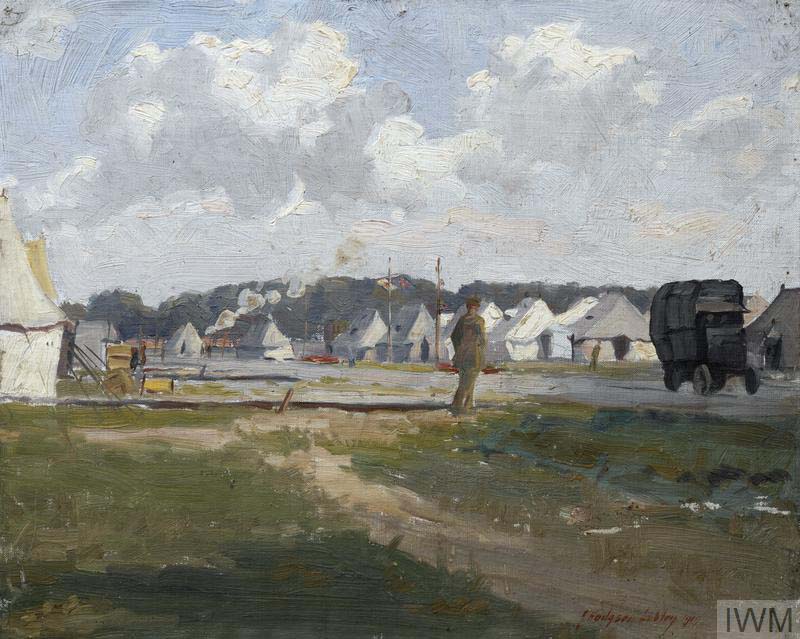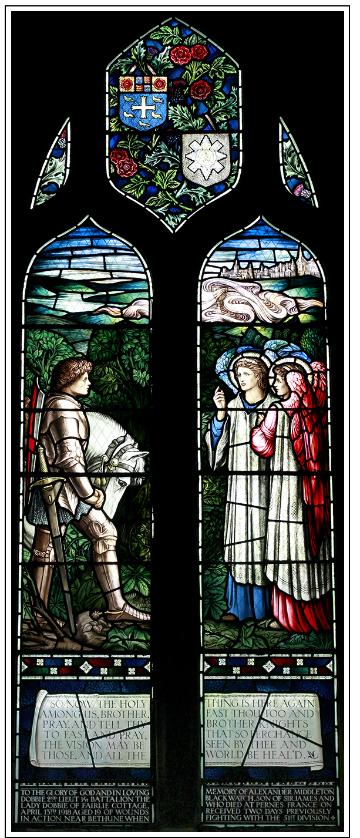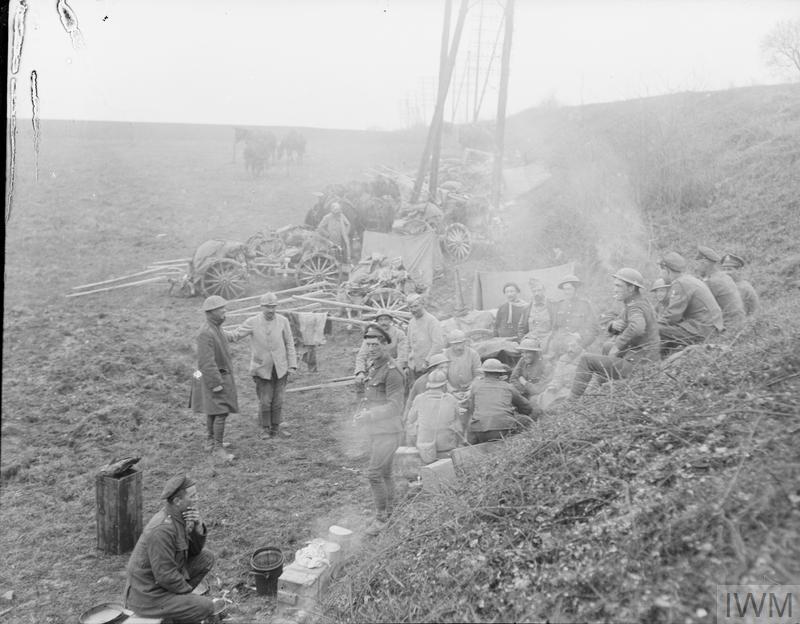Eric Raymond Hicks
Eric Hicks was born in 1897, the second son of Charles Oliver Hicks. He joined Westminster School in 1911 and was admitted to Ashburnham. He actively partook in football fixtures, including a crucial game against King’s College, which is recorded in the April 1914 edition of the Elizabethan. He left the school that same year.
In 1915, he joined the Inns of Court O.T.C, before transferring to the Royal Field Artillery and earning the rank of Lieutenant on 26th November 1915. With this regiment he served on the Western Front, before seeing active service with the Salonika Expedition November 1916-May 1917. From here, he was transferred to Palestine, where he acted as an Intelligence Officer and as an Aide-de-Camp to many high-ranking military officials.
He was awarded the Military Cross while serving in Palestine. Tragically, it was here that he fell ill, contracting influenza after the Armistice. He died at the British Military Hospital of Alexandria on 26th December 1918.
